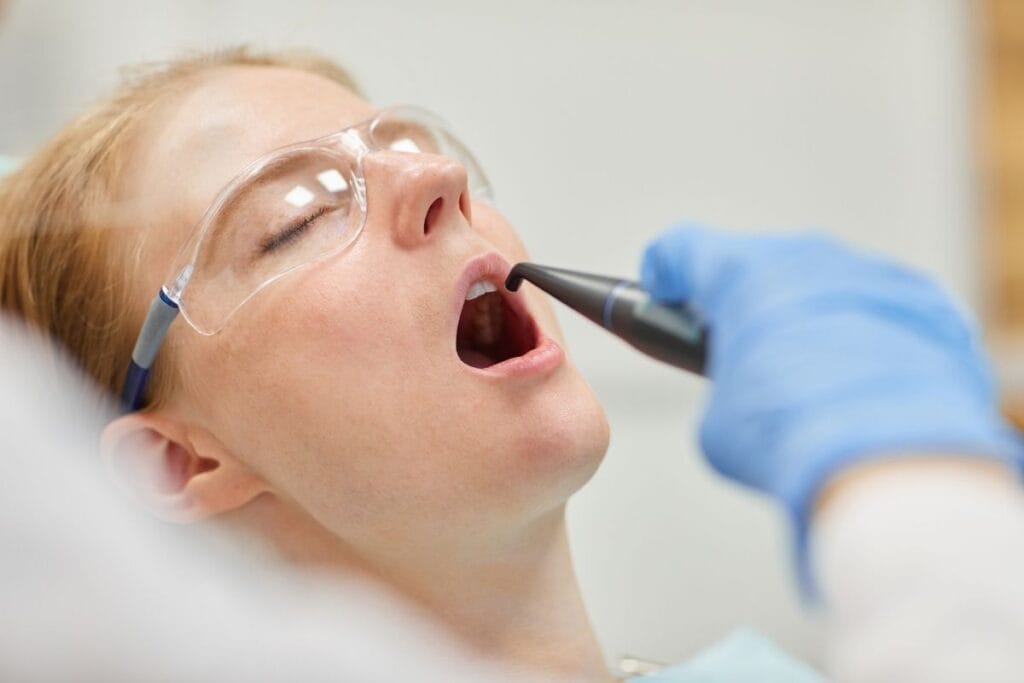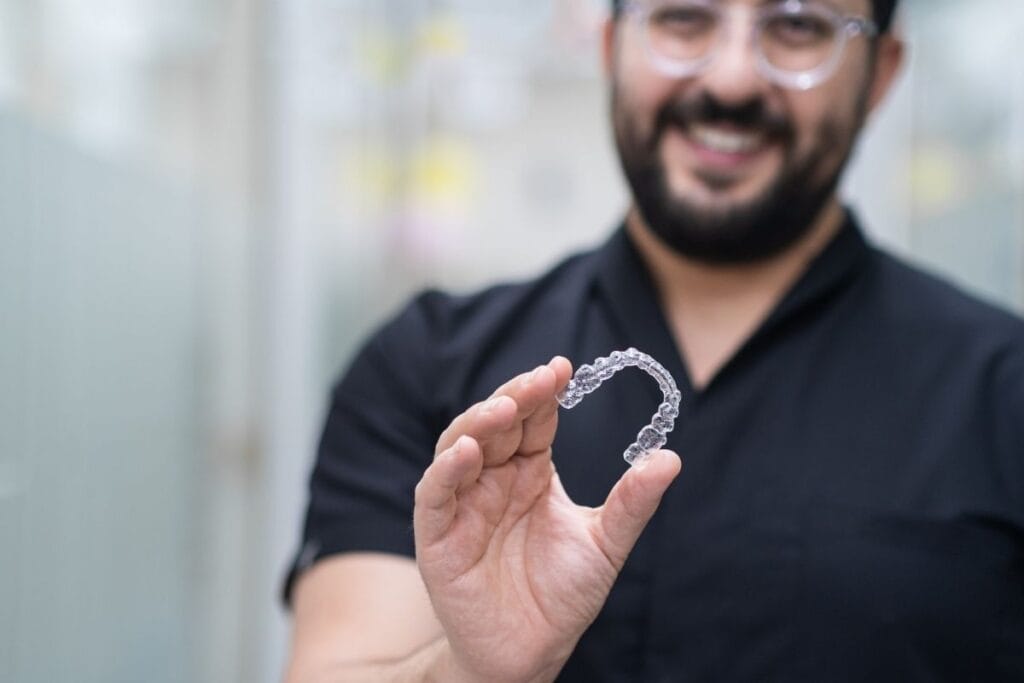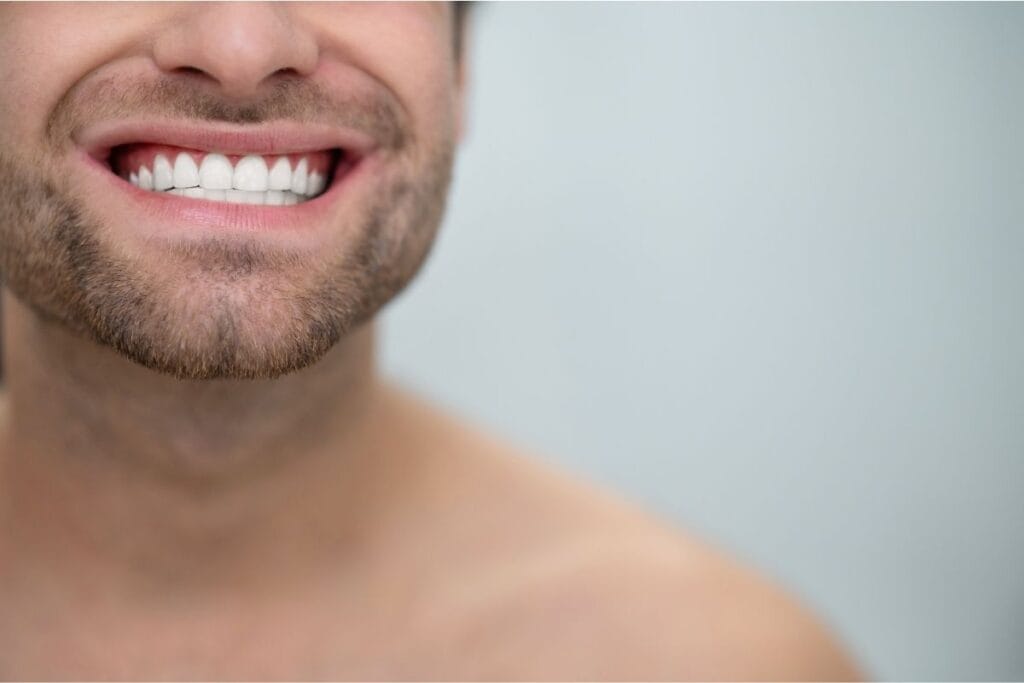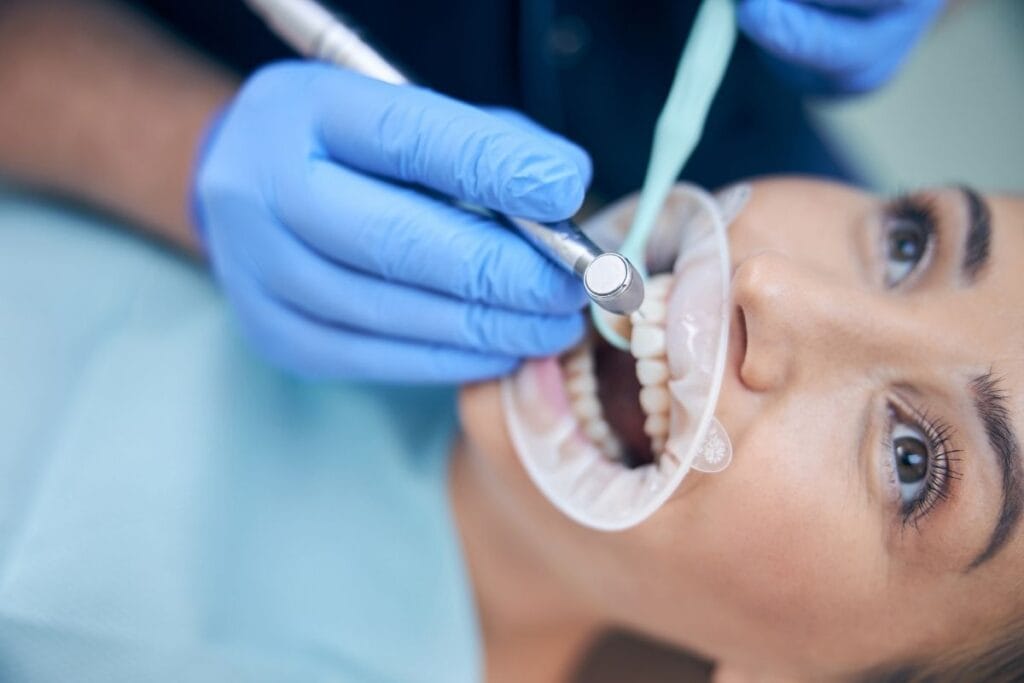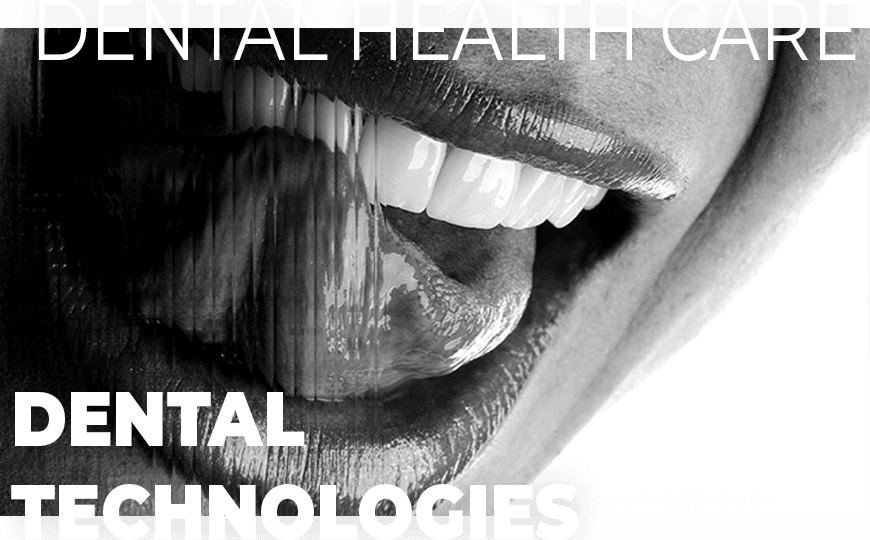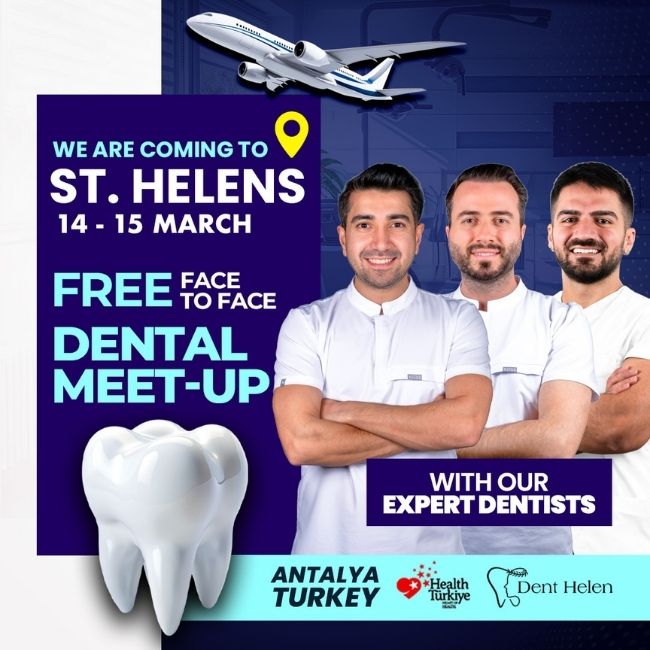
Pediatric Dentistry

Pediatric dentistry, also known as pedodontics, is a specialized branch of dentistry that focuses on the oral health and dental care of infants, children, and adolescents, including those with special healthcare needs. This field encompasses a wide range of services, from preventive care like cleanings and fluoride treatments to more complex procedures such as cavity fillings and orthodontics. Pediatric dentists are trained to manage the unique dental issues that arise during childhood and adolescence, ensuring that children develop and maintain healthy teeth and gums as they grow. They also provide guidance on proper oral hygiene practices, diet, and the use of fluoride to prevent tooth decay and other dental problems. Pediatric dentistry not only aims to treat dental issues but also emphasizes educating parents and children about the importance of maintaining good oral health from an early age.
Advantages of Pediatric Dentistry in Turkey
Turkey has become a popular destination for pediatric dentistry, offering a range of advantages that attract international patients. One of the main benefits is the high standard of dental care provided by well-trained and experienced pediatric dentists. Many Turkish dental clinics are equipped with state-of-the-art technology and adhere to international hygiene and safety standards, ensuring top-quality treatment. Additionally, the cost of pediatric dental care in Turkey is significantly lower compared to many Western countries, making it an attractive option for families seeking affordable yet high-quality dental services. The country’s strategic location, modern infrastructure, and well-established healthcare tourism industry further enhance its appeal. Furthermore, many Turkish dentists are fluent in English, which helps in smooth communication and better understanding of the treatment process. Turkey’s rich cultural heritage and beautiful tourist destinations also offer an added incentive for families to combine dental care with a memorable vacation experience.
Disadvantages of Pediatric Dentistry in Turkey
While there are numerous advantages to seeking pediatric dental care in Turkey, there are also some potential disadvantages to consider. One of the main concerns is the variability in the quality of care across different clinics. While many facilities maintain high standards, some may not meet the same level of excellence, leading to inconsistent treatment outcomes. It is crucial for patients to thoroughly research and choose reputable clinics with certified pediatric dentists. Language barriers, although less common in major cities and tourist areas, can still pose a challenge for non-Turkish-speaking patients, potentially complicating communication and understanding of treatment plans. Additionally, traveling to Turkey for dental care involves logistical considerations such as arranging travel, accommodation, and time off work or school, which may not be convenient for all families. Finally, follow-up care can be more complicated when the primary dentist is located abroad, necessitating additional trips or coordination with local dental practitioners for ongoing treatment and monitoring.
Cost of Pediatric Dentistry in Turkey
The cost of pediatric dentistry in Turkey is one of its most appealing aspects, especially for international patients seeking affordable dental care without compromising on quality. Generally, dental treatments in Turkey can cost up to 50-70% less than in many Western countries, primarily due to lower operational costs and favorable exchange rates. For instance, a routine dental check-up and cleaning might cost around $50 to $100 in Turkey, compared to $150 to $300 in the United States. More complex procedures such as cavity fillings, root canals, or orthodontic treatments are similarly more affordable. Despite the lower costs, many clinics offer high standards of care, advanced technology, and experienced pediatric dentists. This cost advantage makes Turkey an attractive option for families, particularly those without dental insurance or with limited coverage. Additionally, some clinics offer comprehensive dental packages that include multiple treatments, accommodations, and even guided tours, providing a cost-effective and convenient solution for dental care combined with travel.
Key Considerations for Choosing a Pediatric Dentist
Choosing the right pediatric dentist is crucial for ensuring your child’s oral health and creating a positive dental care experience. First and foremost, look for a dentist who has specialized training in pediatric dentistry. This includes additional years of education focused on the unique dental needs of children. The dentist should also be certified by relevant professional boards and associations, indicating adherence to high standards of care.
Another important factor is the dentist’s experience and reputation. Seek recommendations from friends, family, or your pediatrician, and read online reviews to gauge patient satisfaction. The dental office environment is also significant; it should be child-friendly, welcoming, and equipped with amenities that make children feel comfortable, such as toys, books, and colorful decor.
Communication is key, so choose a dentist who is patient, understanding, and able to explain procedures in a way that both you and your child can understand. The dental team should be approachable and responsive to questions or concerns. Finally, consider the location and accessibility of the dental office. Regular visits are essential, so a conveniently located practice will make it easier to keep appointments. Evaluate the costs and insurance compatibility as well, ensuring that the services provided are within your budget or covered by your insurance plan.
Importance of Early Dental Care for Children
Early dental care is essential for maintaining lifelong oral health. Starting dental visits at an early age helps to identify and address potential issues before they become serious problems. The American Academy of Pediatric Dentistry recommends that a child’s first dental visit should occur by their first birthday or within six months after their first tooth erupts. These early visits allow the dentist to monitor the development of the child’s teeth and jaw, providing guidance on proper oral hygiene practices.
Early dental care also instills good habits and reduces the risk of dental anxiety. Children who regularly visit the dentist from a young age are more likely to feel comfortable and less fearful during dental appointments. Preventive care, including cleanings and fluoride treatments, helps to protect teeth from decay and other issues. Educating parents and children about proper brushing and flossing techniques, as well as the importance of a healthy diet, contributes to overall oral health.
Moreover, early intervention can prevent and correct issues such as misaligned teeth or bite problems, reducing the need for more extensive and costly treatments later in life. Establishing a dental home early on ensures that your child receives consistent and comprehensive care tailored to their specific needs, setting the foundation for a lifetime of healthy smiles.
Top Tips for Parents to Ensure Good Oral Health in Children
Ensuring good oral health in children requires a proactive approach from parents. Start by establishing a consistent oral hygiene routine. Teach your child to brush their teeth twice a day with fluoride toothpaste and to floss daily. Use a small, soft-bristled toothbrush and a pea-sized amount of toothpaste for young children. Supervise brushing until your child is capable of doing it effectively on their own, usually around age 7 or 8.
A healthy diet plays a crucial role in maintaining oral health. Limit sugary snacks and drinks, which can contribute to tooth decay. Encourage a balanced diet rich in fruits, vegetables, lean proteins, and whole grains. Drinking plenty of water, especially fluoridated water, helps to strengthen teeth and rinse away food particles and bacteria.
Regular dental check-ups are essential. Schedule visits every six months or as recommended by your dentist. These visits allow for professional cleanings, fluoride treatments, and the early detection of potential problems. Educate your child about the importance of dental visits and make them a positive experience by choosing a pediatric dentist who creates a friendly and reassuring environment.
Finally, protect your child’s teeth during physical activities. If your child participates in sports, ensure they wear a mouthguard to prevent injuries. Be mindful of any habits such as thumb sucking or pacifier use beyond the age of 2-3, as these can affect dental development. By following these tips, you can help your child develop strong, healthy teeth and a positive attitude towards oral health.
Frequently Asked Questions About Pediatric Dentistry
Check out frequently asked questions
At what age should my child have their first dental visit?
It is recommended that your child have their first dental visit by their first birthday or within six months after their first tooth erupts. Early dental visits help establish a dental home and allow the dentist to monitor your child’s oral health development, provide preventive care, and educate parents on proper oral hygiene practices.
How can I help my child overcome fear of the dentist?
Helping your child overcome fear of the dentist involves creating a positive and reassuring experience. Start by choosing a pediatric dentist who is experienced in dealing with children and creating a child-friendly environment. Talk to your child about what to expect during the visit in a calm and positive manner. Reading books or watching videos about visiting the dentist can also help. Avoid using negative language or conveying your own dental anxieties. Regular dental visits can help your child become more comfortable and familiar with the dental office.
What should I do if my child has a dental emergency?
In the event of a dental emergency, such as a knocked-out tooth, broken tooth, or severe toothache, it is important to contact your pediatric dentist immediately. For a knocked-out permanent tooth, gently rinse the tooth with water and try to place it back in the socket if possible. If not, store the tooth in a container of milk or saliva and seek dental care right away. For a broken tooth, rinse the mouth with warm water and apply a cold compress to reduce swelling. Pain relief can be provided with over-the-counter pain medication, but avoid placing aspirin directly on the tooth or gums.
How can I prevent cavities in my child’s teeth?
Preventing cavities involves maintaining good oral hygiene and healthy eating habits. Ensure your child brushes their teeth twice a day with fluoride toothpaste and flosses daily. Limit sugary snacks and drinks, and encourage a balanced diet rich in fruits, vegetables, and whole grains. Regular dental check-ups and professional cleanings are also essential for preventing cavities. Fluoride treatments and dental sealants provided by the dentist can offer additional protection against tooth decay.
Are dental X-rays safe for children?
Yes, dental X-rays are safe for children when performed with proper precautions. Pediatric dentists use low-radiation digital X-rays and protective lead aprons to minimize exposure. Dental X-rays are an important diagnostic tool that helps the dentist identify issues that may not be visible during a regular exam, such as cavities between teeth, impacted teeth, or bone abnormalities. The benefits of detecting and treating dental problems early outweigh the minimal risks associated with X-ray exposure.
